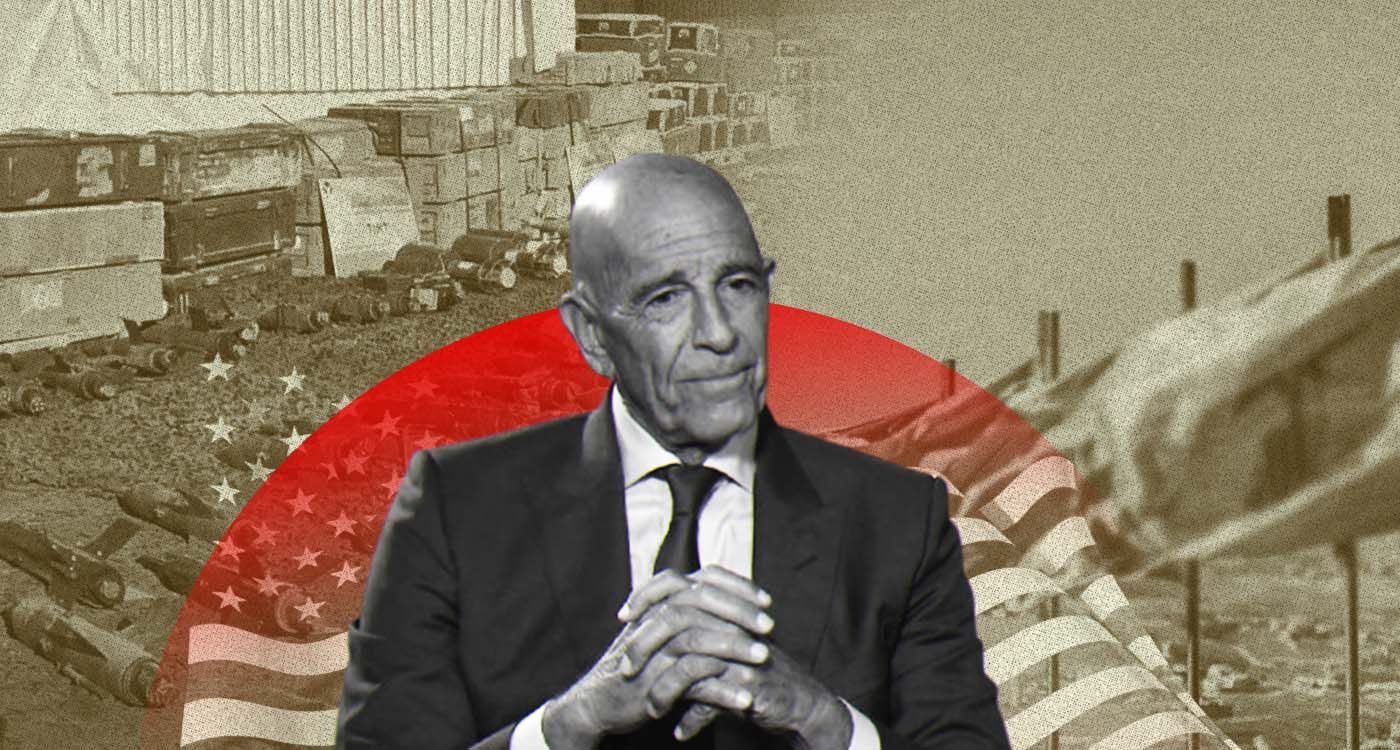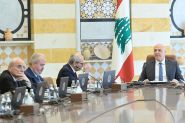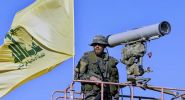
The dialogue between the US and Lebanon concerning Hezbollah's disarmament has entered a crucial phase, characterized by urgency, skepticism and regional complexities. US envoy Tom Barrack emphasized the need for rapid and structured progress, a sentiment echoed in messages from Washington. However, as events unfold, the inherent challenges of this diplomatic undertaking have become increasingly apparent.
American officials have underscored their desire for a clear timeline mandating Hezbollah's relinquishment of its heavy weaponry. Barrack stated on Monday, “President Trump has a huge interest in making sure we have regional stability,” and Lebanon is at the center of that process. Despite this, Washington is growing impatient with the pace of negotiations, further compelling the need for emphasized timelines. Barrack clarified that disarming Hezbollah is fundamentally an internal issue for Lebanon, acknowledging that while failure to act may lead to disappointment for the US, “we cannot force Israel's actions.” Hanin Ghaddar, senior fellow at The Washington Institute, noted, “The main discrepancy is that if the US leaves Lebanon to try to solve this impasse alone, the Israelis will fill the gap.”
In June, the US proposed a three-stage process to disarm Hezbollah, starting with the withdrawal of weapons from regions north and south of the Litani River, followed by disarmament in Beirut and the Beqaa Valley. However, the Lebanese government has shown hesitation about adhering to strict deadlines. President Joseph Aoun's seven-page response embodied an earnest engagement with US proposals, while reflecting Lebanon's internal complexities. Ghaddar highlighted the significance of timelines, and said to This is Beirut, “Having a timetable implies a de facto policy of confrontation vs. non-confrontation. The Lebanese side is trying to play with words, suggesting that we are doing something, but we will proceed in our own way and at our own time. There is no pressure...”
Hezbollah's insistence that any disarmament must first address Israeli aggressions and a comprehensive withdrawal of Israeli forces complicates matters further. Barrack clearly articulated the limitations of the US position, stating that the US “can't compel Israel to do anything; our role is to use our influence to bring calm.” Ghaddar warned, “When the United States leaves, Trump will give Bibi the green light to do whatever he wants in Lebanon. Escalation is the repercussions for Lebanon.” While Lebanon's stability is at stake, regional stability may be less affected as the region seems to be gradually distancing itself from Lebanese issues. Ultimately, Ghaddar argues, “if the United States retreats, the Israelis will fill the vacuum.”
Despite a shared desire for dialogue among all parties in Lebanon, the commitment to finding a resolution remains uncertain. Ghaddar noted, “The main problem is the lack of trust in Lebanon and lack of confidence in anything Lebanon says. That's why they want Lebanon to show something to build on.”
Hezbollah believes that disarming could jeopardize its electoral prospects, a concern that leads the Lebanese government to negotiate for its armed status until after elections. This creates a significant divide from US priorities, which seek to disarm Hezbollah now to facilitate freer parliamentary elections.
Adding to the complexity is the Lebanese claim that Hezbollah has already been disarmed south of the Litani River, a statement that Ghaddar disputes, “This is inaccurate, as Hezbollah is still present in the south.” From the US perspective, disarmament should encompass all of Lebanon, rather than being restricted to specific regions.
To move forward, tangible actions that build trust are essential, requiring commitments that bridge the gap between US and Lebanese strategies regarding Hezbollah's disarmament. Only then can there be hope for a resolution amidst the pressing demands of regional stability and internal Lebanese politics.




Comments